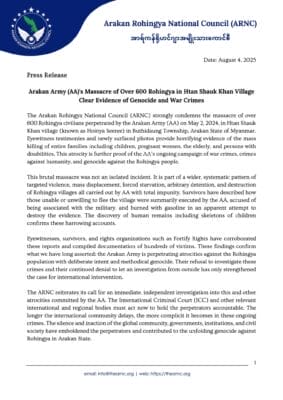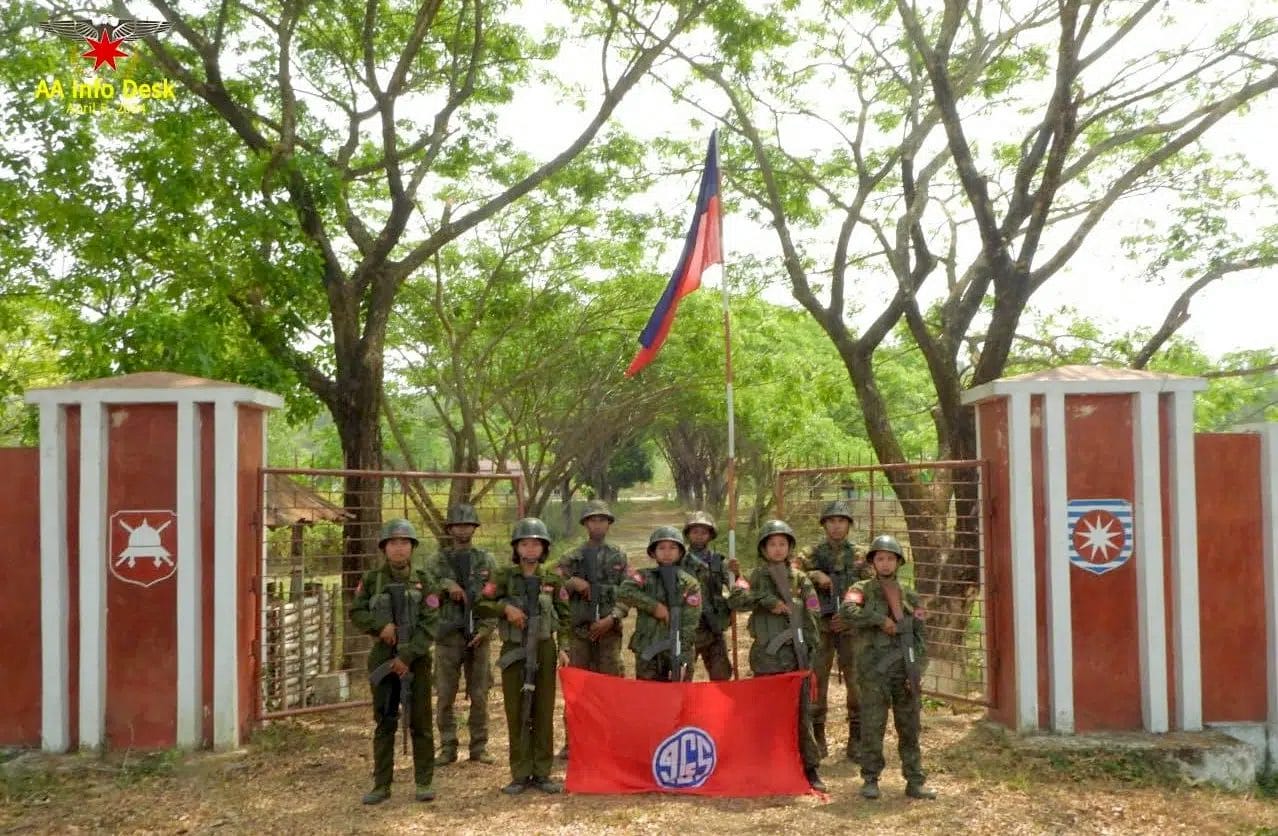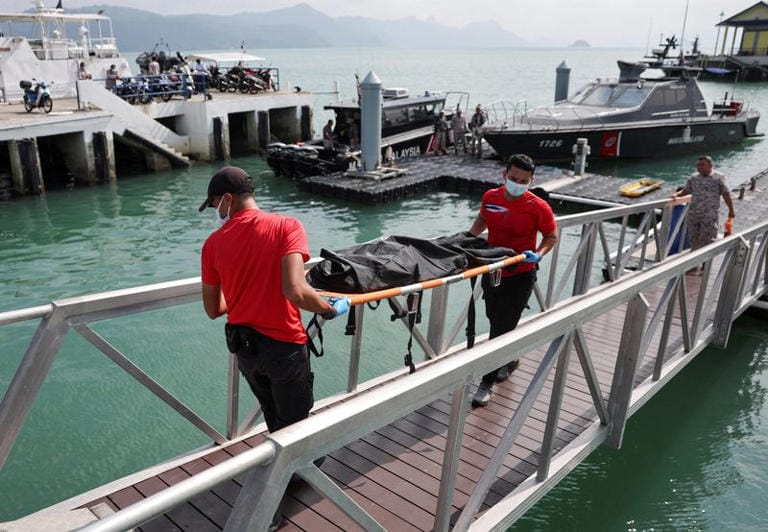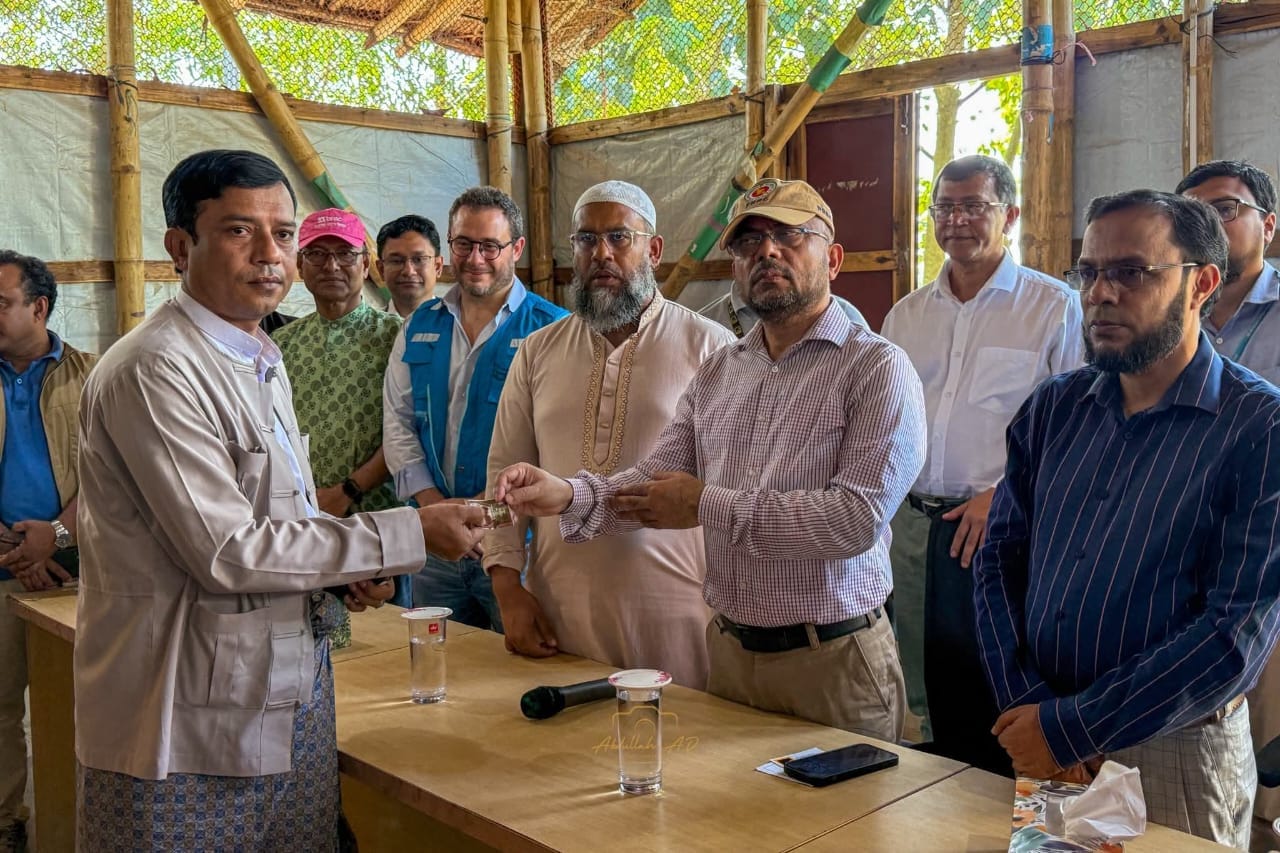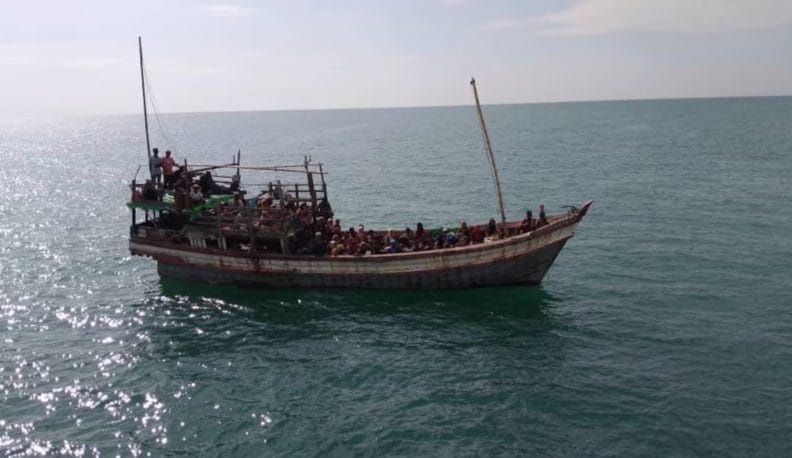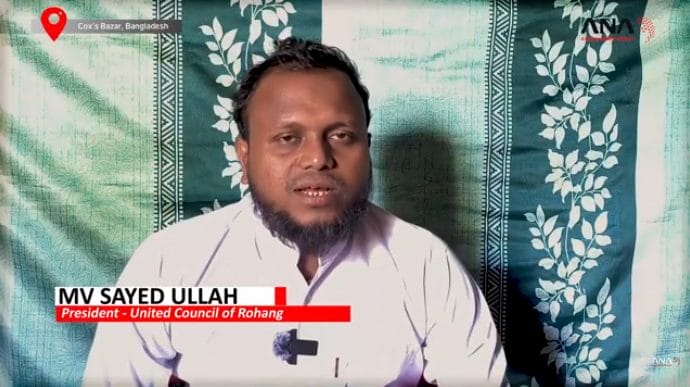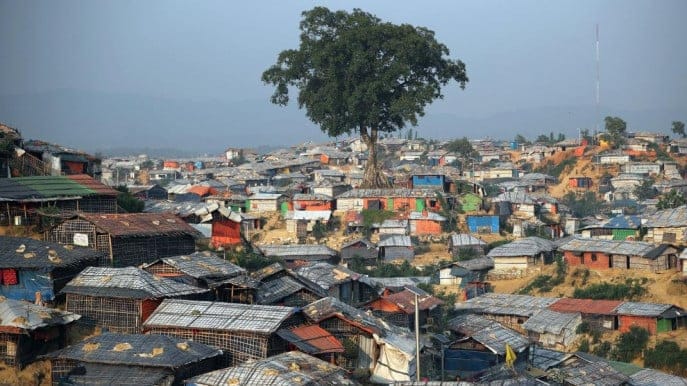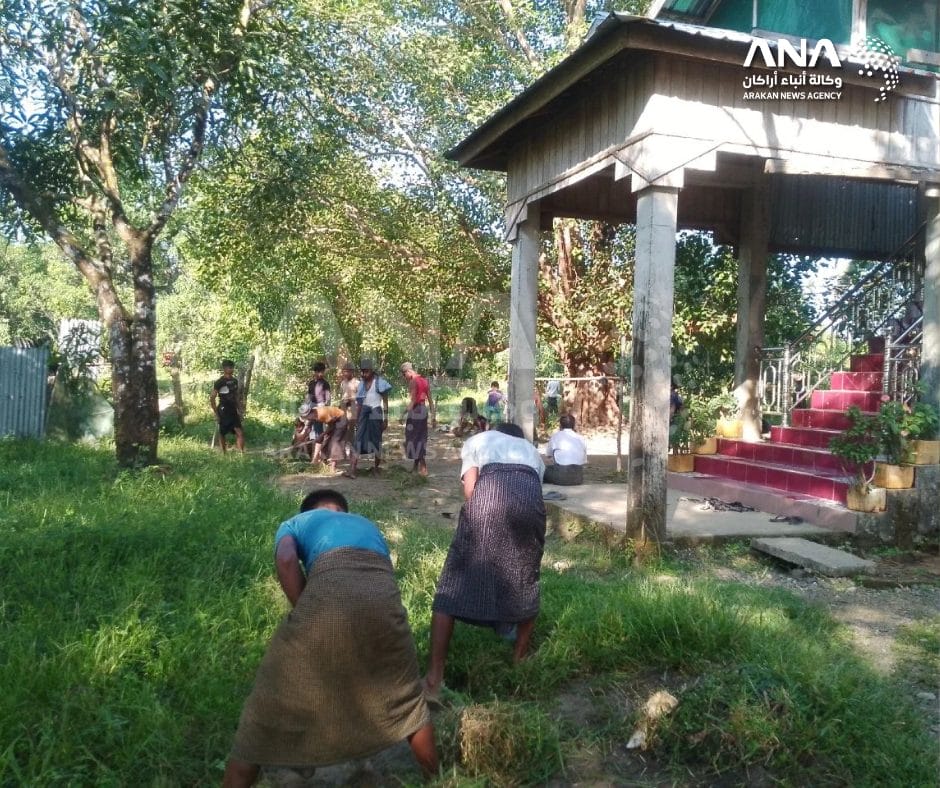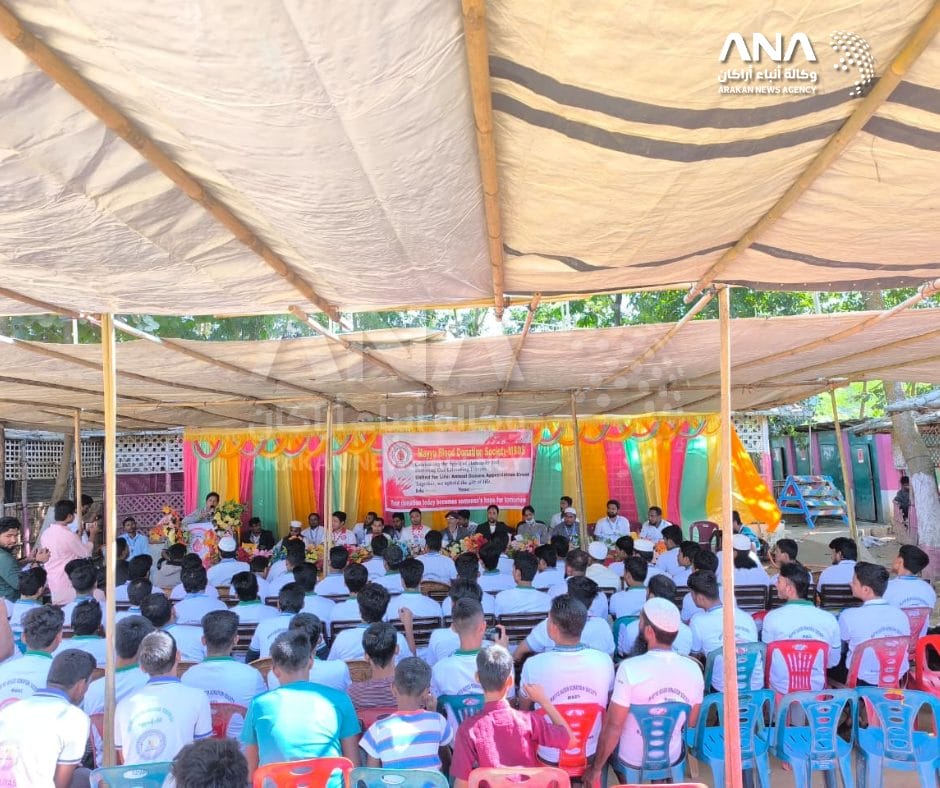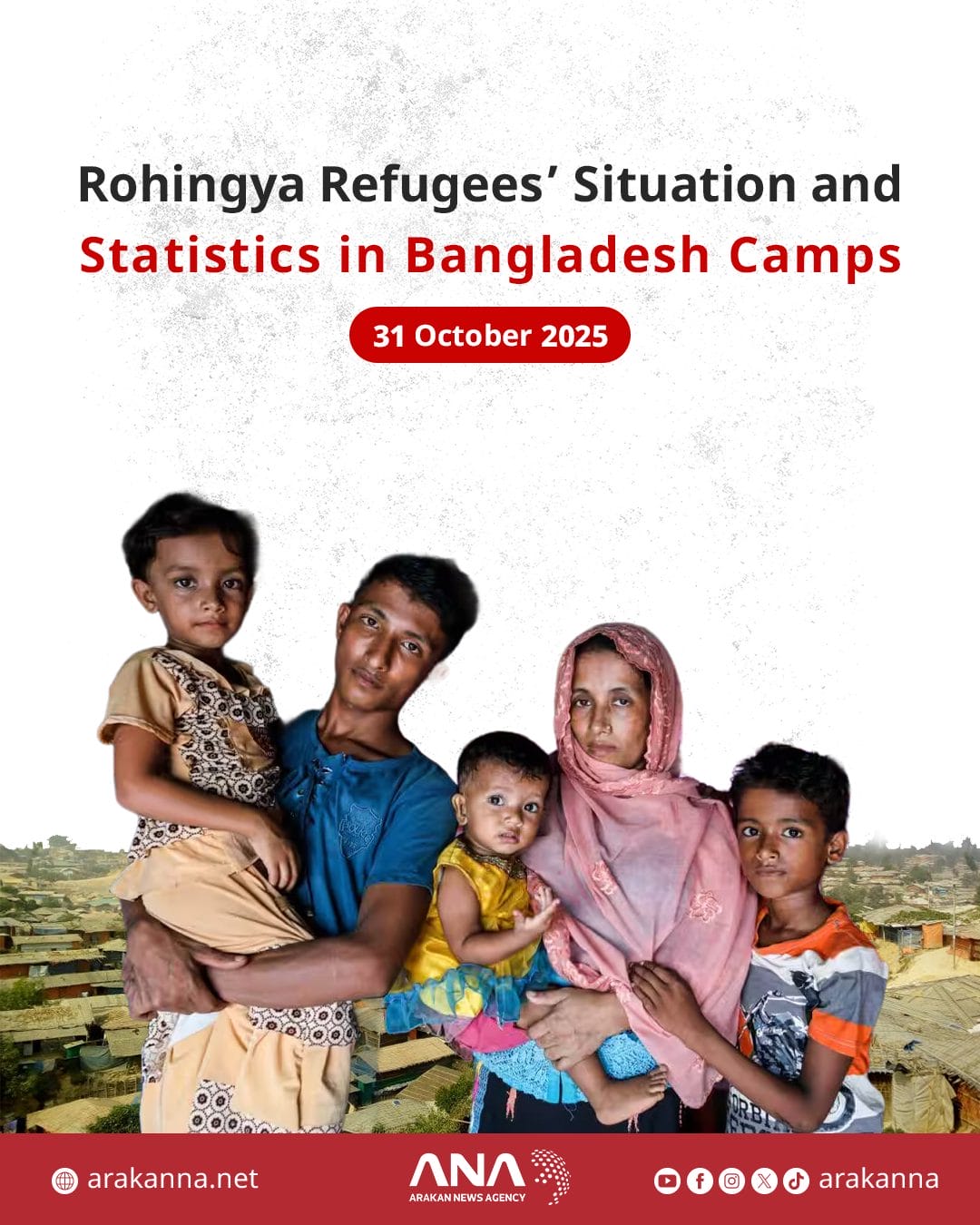Arakan News Agency
The Arakan Rohingya National Council (ARNC) on Monday condemned a mass massacre perpetrated by the Arakan Army in the village of “Htan Shauk Kan” in Buthidaung township, Arakan State, western Myanmar, on May 2, 2024. It resulted in the death of more than 600 Rohingya, including children, pregnant women, the elderly, and people with disabilities.
In a statement, the council said the victims were killed in brutal ways, with some executed in cold blood and others burned alive, emphasizing that these killings were systematic and deliberate.
The crime was described as additional evidence of a genocide campaign and crimes against humanity committed by the Arakan Army against the Rohingya, targeting those who remained in the village and could not flee.
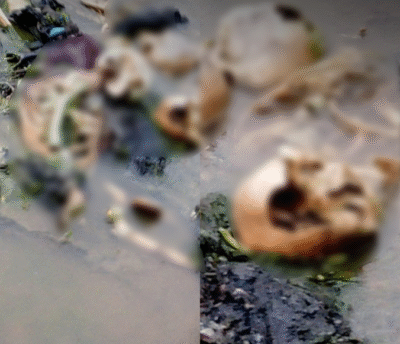
Eyewitnesses reported that Arakan Army fighters accused the villagers of collaborating with the Myanmar Army, then executed them and burned their bodies in an attempt to erase the evidence. Photos and videos documenting the crime later emerged, including skeletal remains believed to belong to children and remnants of clothing.
The council added that this massacre is not an isolated incident but part of a systematic pattern of violence that includes mass killings, forced displacement, starvation, arbitrary detention, and the destruction of Rohingya villages, pointing out that the Arakan Army carries out these crimes without any accountability.
The organization Fortify Rights stated that it collected documents and testimonies from survivors confirming the massacre and identified the identities of hundreds of victims. Survivors revealed details of the assault, stating that the attackers used fuel to burn bodies and homes.
The Arakan Rohingya National Council called on the International Criminal Court and international and regional bodies to conduct an urgent, independent, and immediate investigation to hold the perpetrators accountable, criticizing attempts to justify or cover up these crimes under the pretext of “resistance.”
The council concluded its statement by asserting that there is no legal or moral justification for genocide, stressing that resisting the military regime does not justify committing crimes against a minority not involved in the conflict.
Recently, Rohingya activists and human rights organizations circulated horrific images documenting a mass massacre carried out by the Arakan Army against more than 600 Rohingya in the village of “Htan Shauk Kan” in the Buthidaung township.
The Rohingya are suffering under the rule of the Arakan Army, facing widespread abuses that include the closure of their homes based on malicious complaints, seizure of property, confiscation of valuables, and the displacement of numerous families. Strict restrictions have also been imposed on their movement between villages, with their mobility heavily limited by a network of security checkpoints at the entrances and exits of every Rohingya village.
In November 2023, the Arakan Army launched a military campaign against Myanmar’s military to gain control of Rakhine State, managing to seize 14 out of 17 towns. The Rohingya have been caught in the crossfire of this conflict, enduring violence, forced displacement, and persecution from both sides. This comes after the 2017 campaign of “genocide” by Myanmar’s military, which forced nearly one million Rohingya to flee to Bangladesh.
